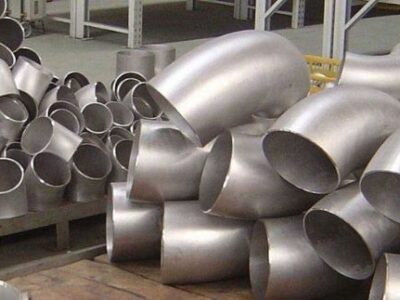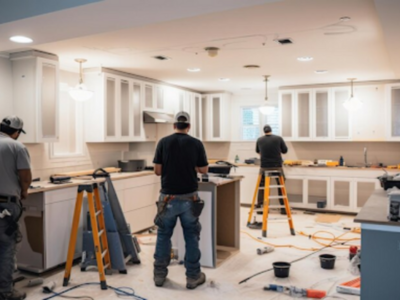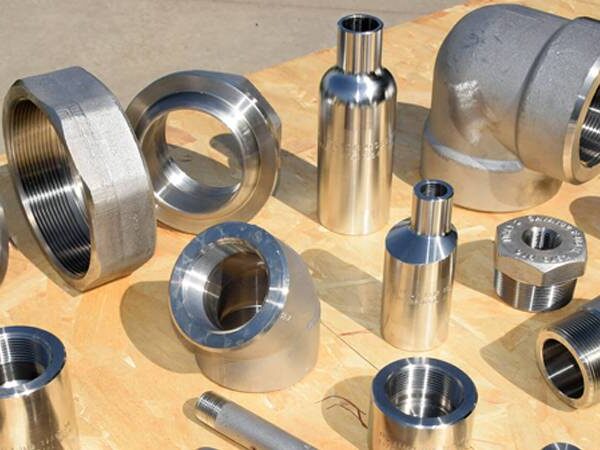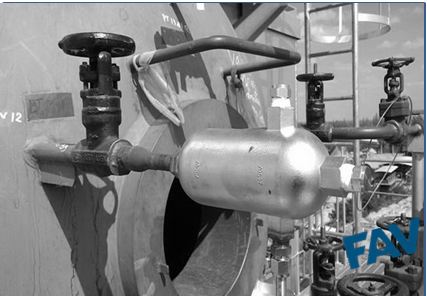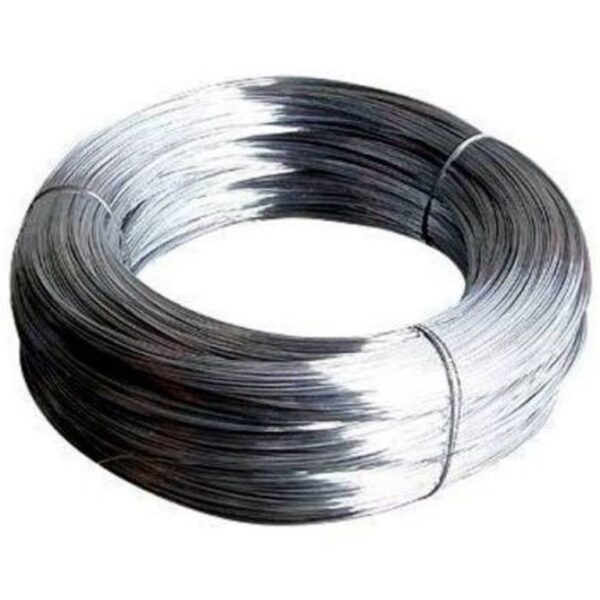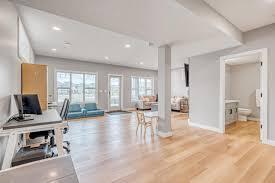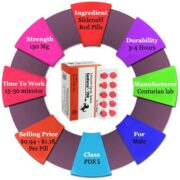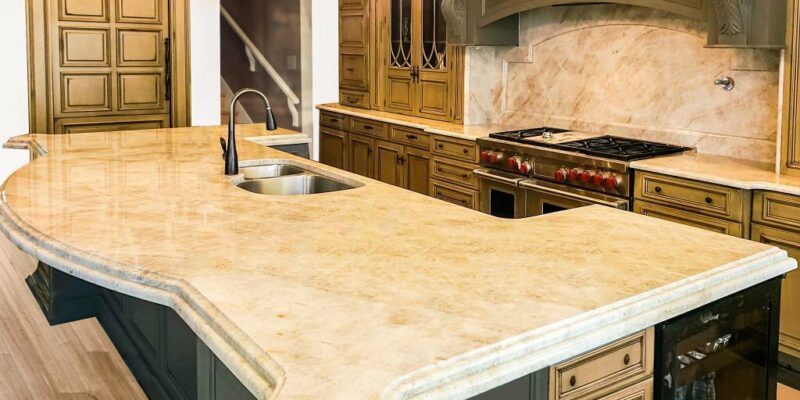
As a designer, renovator or a homeowner heading on a home improvement journey, have you ever pondered the significance of the humble kitchen benchtop? What role does it play in the overall aesthetics or the functional performance of your kitchen? What are the implications of choosing the wrong material? These are the questions that can keep us awake at night. In this blog, we will unearth the vital role of material choice in the lifespan and aesthetics of kitchen benchtops, revealing the truth that lurks beneath the surface.
The kitchen benchtop is more than just a work surface. It’s a stage where your culinary performances unfold, and the aesthetic pillar that can make or break the overall design of your kitchen. The strength and durability of your benchtop are influenced significantly by the material you choose. Selecting the right material is vital, not just for the longevity of your benchtop but also from an aesthetic perspective.
So, buckle up for a deep dive into the world of kitchen benchtop materials. We’ll explore how they impact the lifespan and aesthetics of your kitchen, allowing you to make an informed choice about this key kitchen component.
The “Why”: Understanding the Importance of Material Choice
Why does the material of your kitchen benchtop matter so much? To put it plainly, your benchtop is a workhorse. It takes a whole lot of pressure under the knife and the heat of your culinary activities. They are subject to endless wear and tear, and thus, durability becomes a critical factor.
However, aesthetics is equally crucial. Your kitchen benchtop is one of the most visible areas in your kitchen. The color, pattern, and texture of the benchtop material significantly contribute to defining your kitchen’s overall look and feel. Hence, material choice influences both the functional and visual appeal of your kitchen.
“What” to Consider: Factors Influencing Material Choice
When choosing the material for your kitchen benchtop, many factors need to be considered. Besides durability and aesthetics, cost, maintenance, and your lifestyle habits also play a significant role. For instance, if you’re someone who’s enthusiastic about cooking and spends a lot of time in the kitchen, you’d need a material that can withstand heavy usage.
By contrast, if aesthetics is your priority, you may be inclined towards materials that scream style rather than screaming durability. Also, the architecture of your kitchen and the look you want to achieve significantly dictate the type of material you should choose.
The “Who”: Popular Material Choices for Kitchen Benchtops
There are plenty of materials from which you can choose, each with unique advantages and disadvantages. From classic choices such as timber and laminate to modern materials like engineered stone and stainless steel, the options are abundant. Deciding the “who” of your kitchen benchtop material depends largely on your personal preference and lifestyle.
Pros and Cons: Navigating Through Material Choices
The selection process isn’t as daunting as it may seem. It is much easier once you understand the pros and cons of each material. For instance, timber can add a warm, natural feel to your kitchen, but it is susceptible to water damage and scratching. On the other hand, laminate is an affordable option with a wide variety of designs and colors but may lack the longevity and look of other benchtop materials.
Factors to Consider Beyond Aesthetics and Durability
While aesthetics and durability are key, other factors like environmental impact and maintenance can drastically change your perspective. Materials such as natural stone have a timeless appeal but may require regular sealing. Furthermore, if you’re leaning towards sustainable choices, you may need to think about options like recycled glass or bamboo.
Conclusion: Making the Final Decision
The choice of material for your kitchen benchtop is never a simple decision. It is a blend of art and science, requiring a thorough understanding of both aesthetics and practical considerations. The right material choice can significantly affect the longevity and aesthetic value of your kitchen benchtop. By understanding every factor thoroughly, you can ensure a balance of function, form, and feasibility.
At the end of the day, your kitchen benchtop should reflect your unique style, support your culinary undertakings, and harmonize with the overall design of your kitchen. So, tread carefully, consider all parameters, and make a choice that ensures both durability and design delight.
